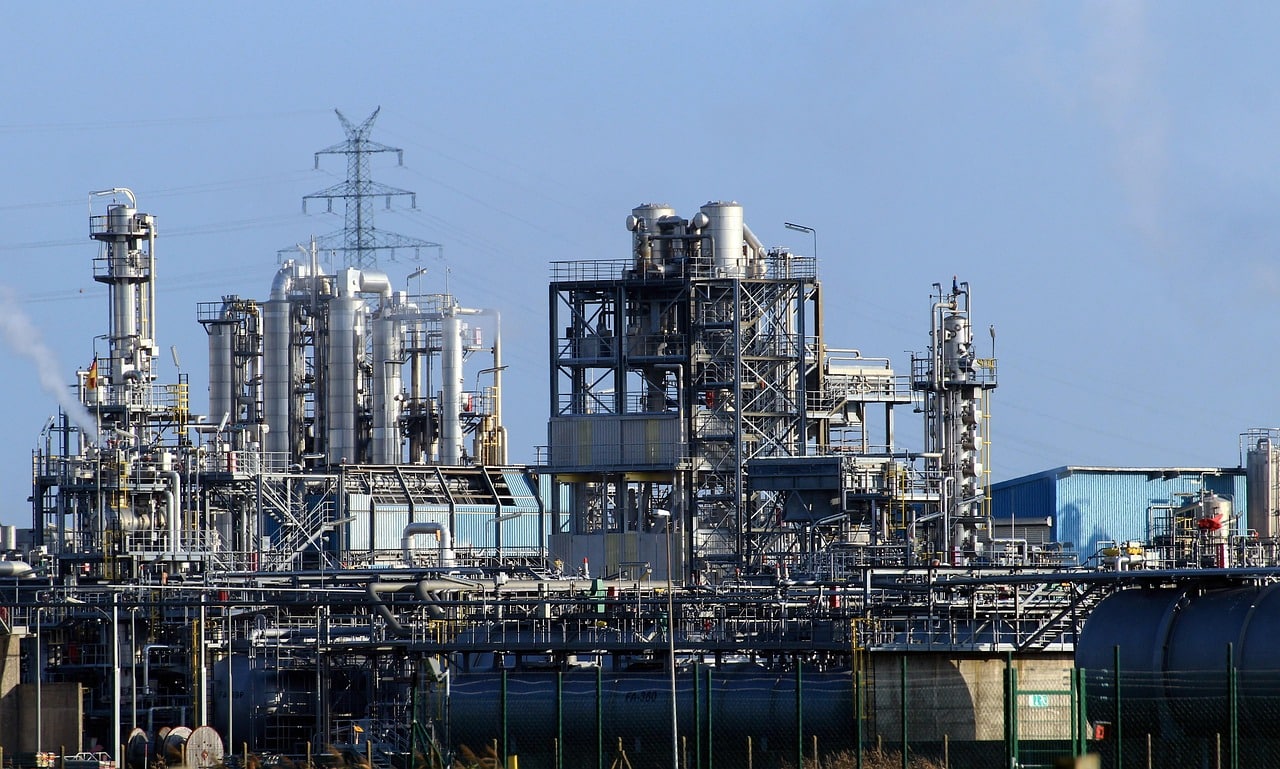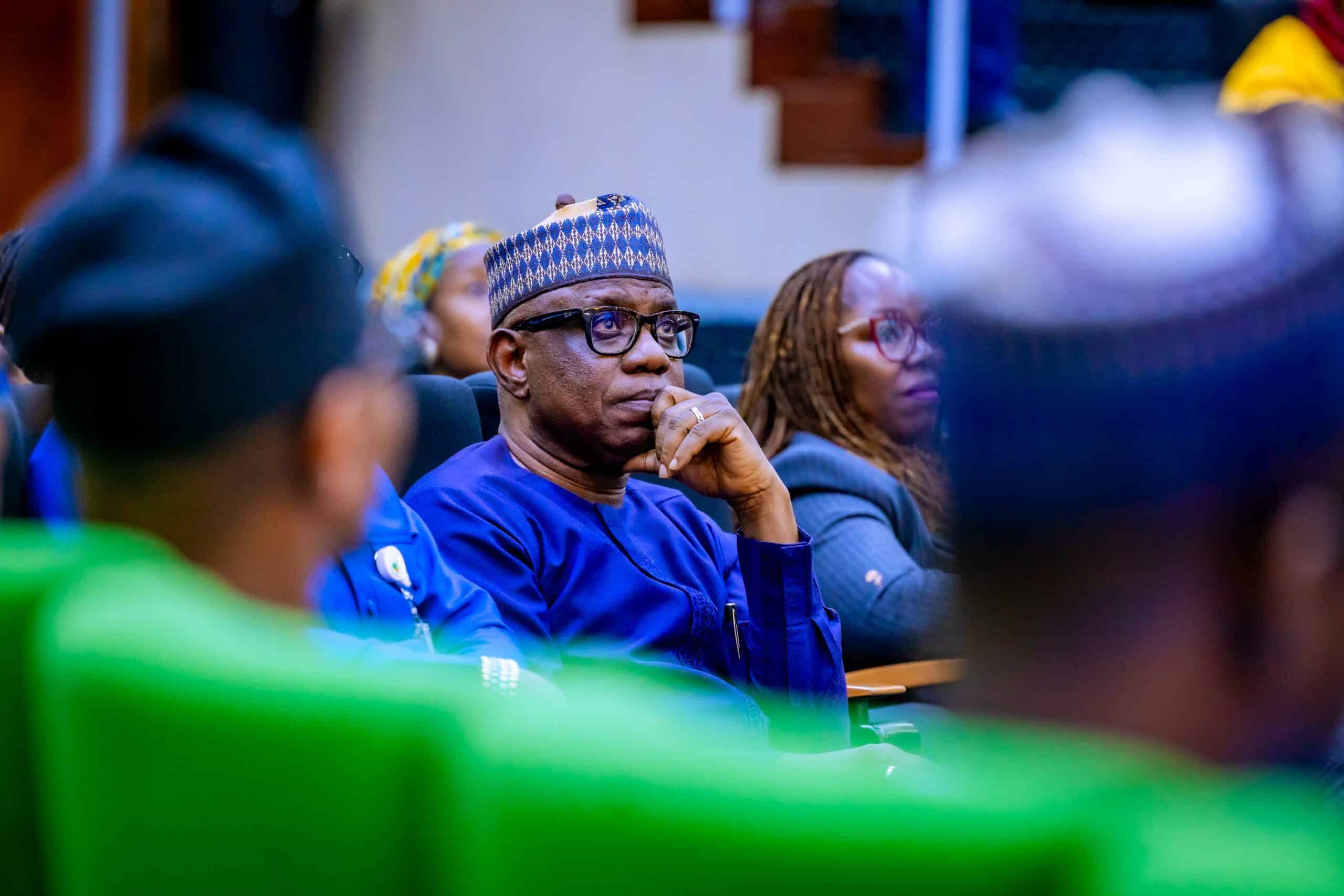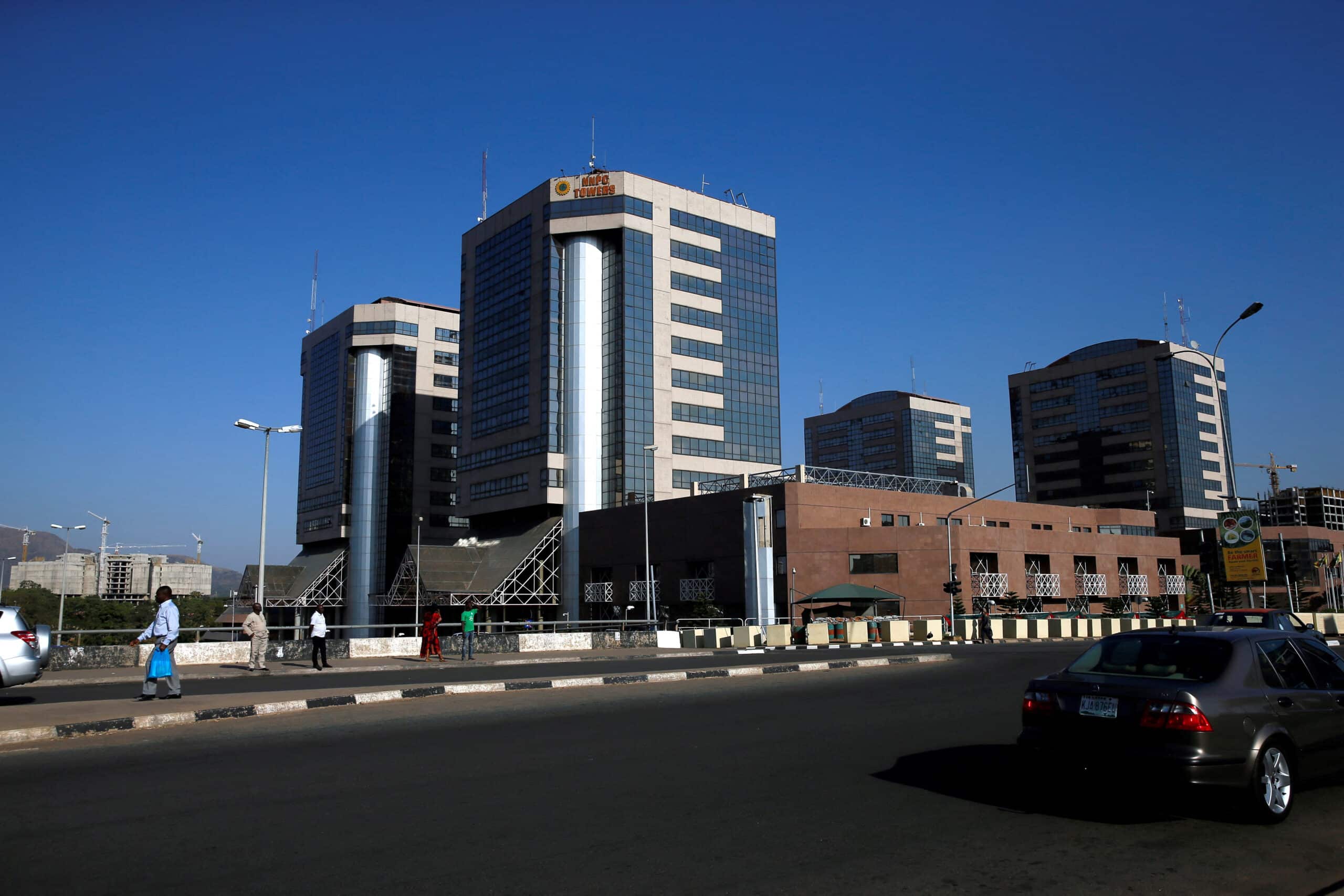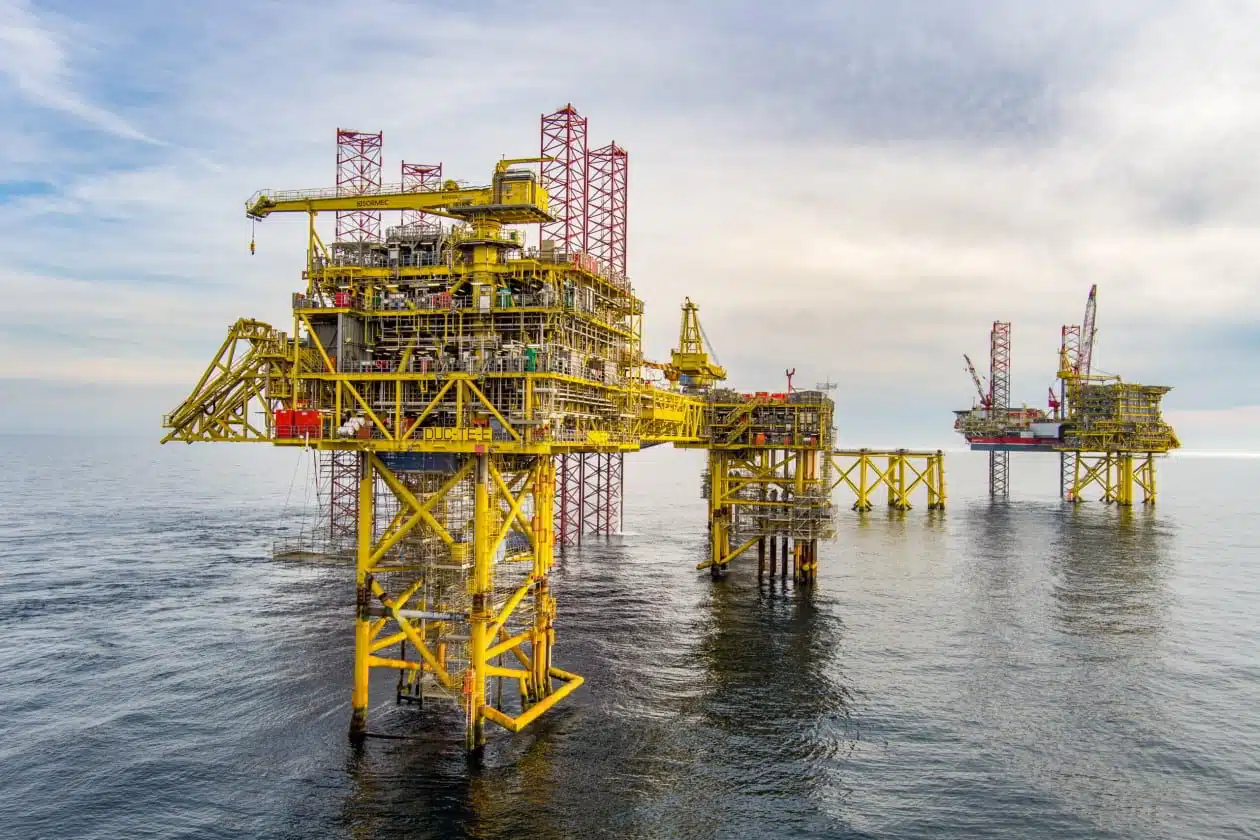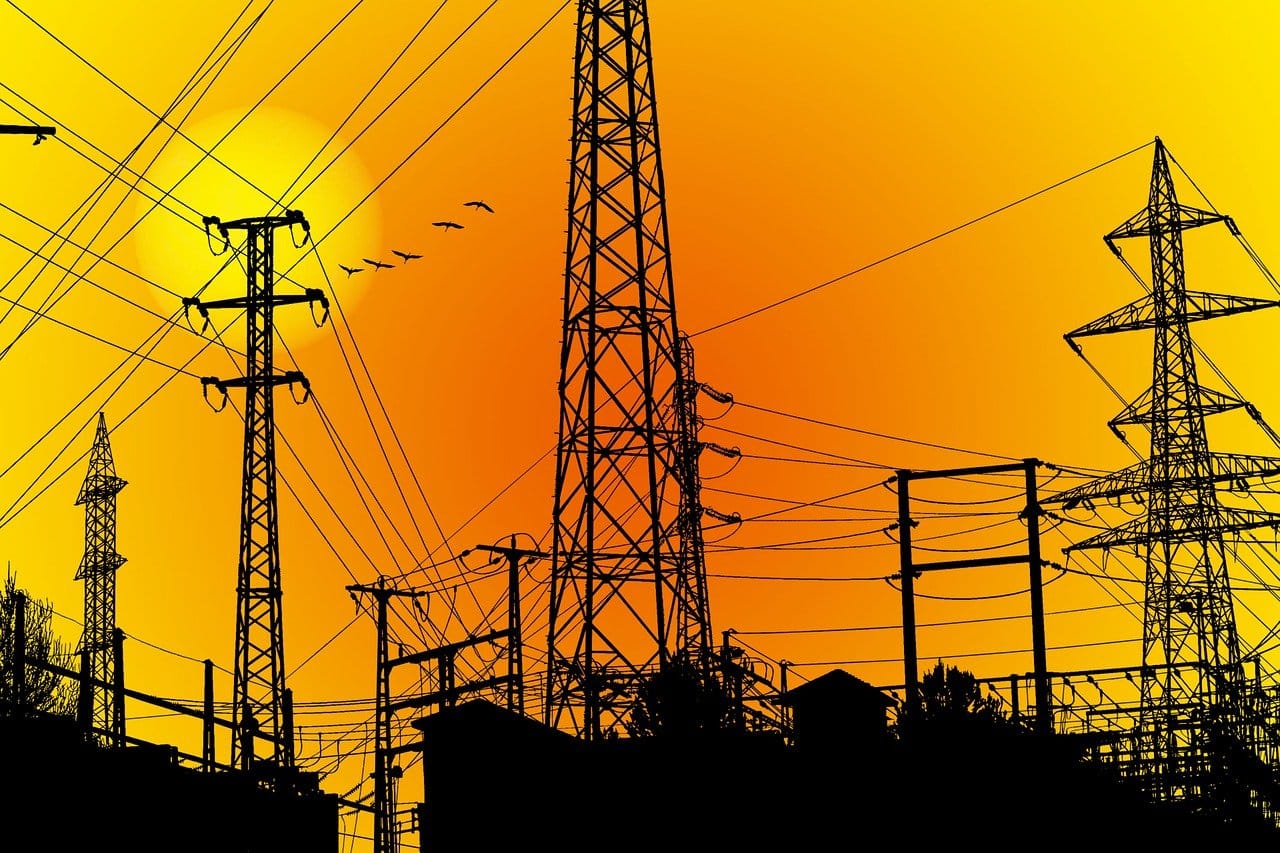The government of Zambia has issued a licence to China Zambia Petrochemical Energy Corporation Limited to set up a 60,000 b/d crude oil refinery valued at $1.1 billion to meet the country’s fuel demand.
This was disclosed on Thursday following the signing of the agreement between the Zambia Development Agency (ZDA) and the Chinese company which was represented by Xiang Xin Holding Co. Limited.
The refinery will be developed under a Special Purpose Vehicle (SPV) arranged between the Industrial Development Corporation (IDC) and Xiang Xin Holding.
It will be located within the sub-Sahara Gemstone Exchange Industrial Park in Ndola, Copperbelt Province and will source crude from the Middle East via Tanzania.
The construction of the delayed complex project for which officials had earlier said would start in the third quarter of 2025, will also include a 130MW power plant and other facilities for LPG and bitumen.
The leadership of ZDA describes the issuing of the Investor License as a critical milestone that will trigger the next phase of the project.
“We are very happy that today we are going to hand over the investment license, which signifies the fact that the project is maturing,” said Albert Halwampa, director general of ZDA.
“And the investment license simply opens the door for incentives which are very important for investors to ease the cost of setting up.”
Halwampa stated that the milestone allows the investor access to incentives such as duty exemptions on equipment and machinery.
Tieming Huang, Chairman at Xiang Xin Holding Co. Limited expressed gratitude to ZDA, IDC, and the Government for their support and facilitation.
“Here today, we are so proud that we get the investment license. It means that our programme is serious right now. Four monthly, we are getting started,” said Tieming Huang, chairman of Fujian Xian Xin, in a statement translated into English from Chinese.
Cornwell Moleya, IDC chief executive, shared the same sentiments, saying the milestone moves the parties towards implementing the project within the agreed timelines.
“This project heralds a new dawn of industrialisation and marks a turning point to restore Zambia’s industrial glory,” said Muleya.
What you should know
Zambia’s investment climate is shaped by its mining-dependent economy and ongoing IMF-supported reforms.
State-owned enterprises remain influential, especially in energy and transport, sometimes crowding out private investment.
Surveys show foreign investors value Zambia’s stability but worry about bureaucracy, policy unpredictability, and infrastructure gaps
Zambia has laws protecting property rights and intellectual property, but enforcement can be inconsistent.
Transparency International ranks Zambia poorly on corruption perception, which can deter investors.
Notwithstanding, Halwampa highlights Zambia’s conducive business environment, citing debt restructuring, macroeconomic stability, and declining inflation as key factors attracting investors.
“It is gratifying that such an important company in a strategic sector is achieving key milestones and is close to actualising its investment. This reflects the high investor confidence currently prevailing in Zambia,” he said.
He further thanked President Hakainde Hichilema for championing investment promotion and trade, which he said has attracted unprecedented investor interest, including this landmark project.
Just last week, Africa’s richest man Aliko Dangote paid a business visit to a couple of countries in Southern Africa including Zimbabwe and Zambia.
In his meeting with President Hakainde Hichilema, Dangote advised the government to focus more on how to harness coal for power generation rather than on renewable energy sources, arguing that coal was a more practical option for economic growth and industrialisation.
“You have coal. And I think you should actually use what God has given to you, to generate, don’t go for the green one that they are talking about, which is solar or wind, because you have the coal,” Dangote said.
Aside from its heavy reliance on fuel imports, the landlocked country faces a huge electricity deficit and has had to trim power exports in a bid to manage domestic consumption.

